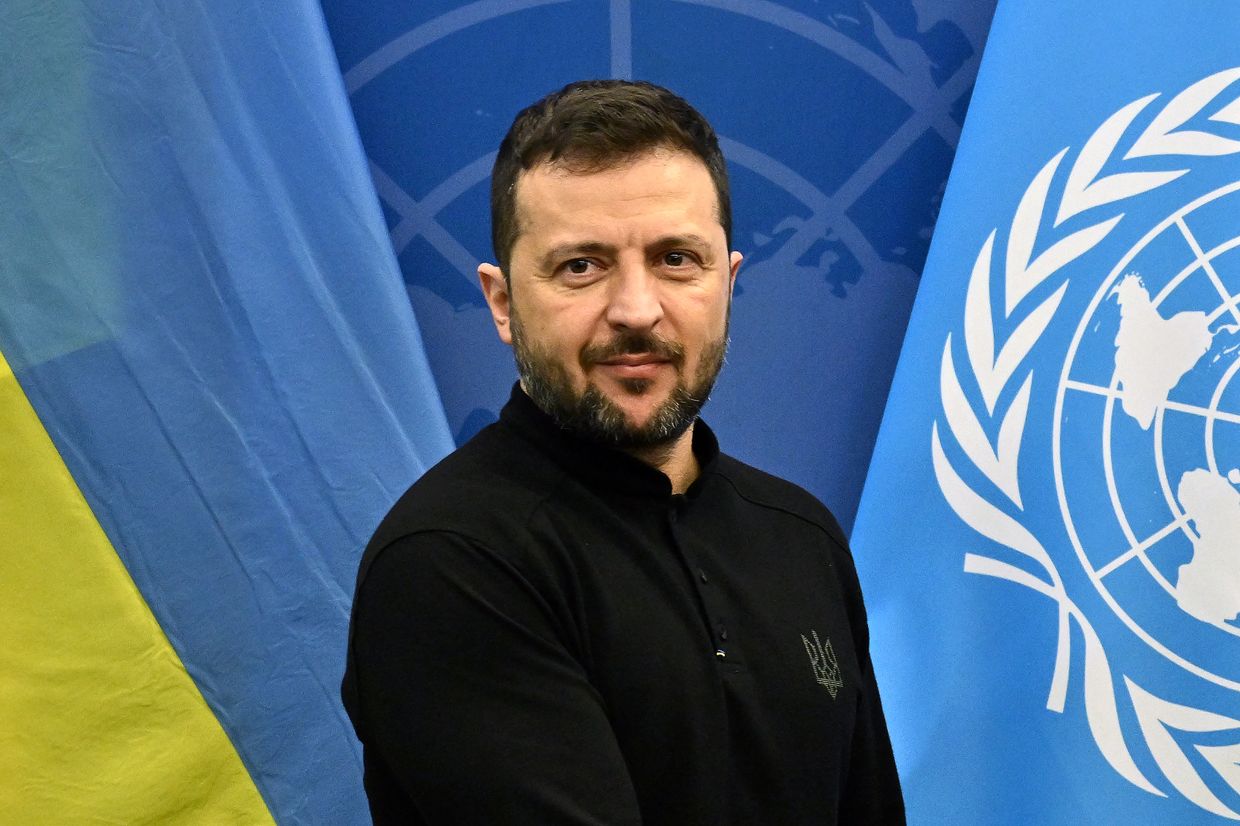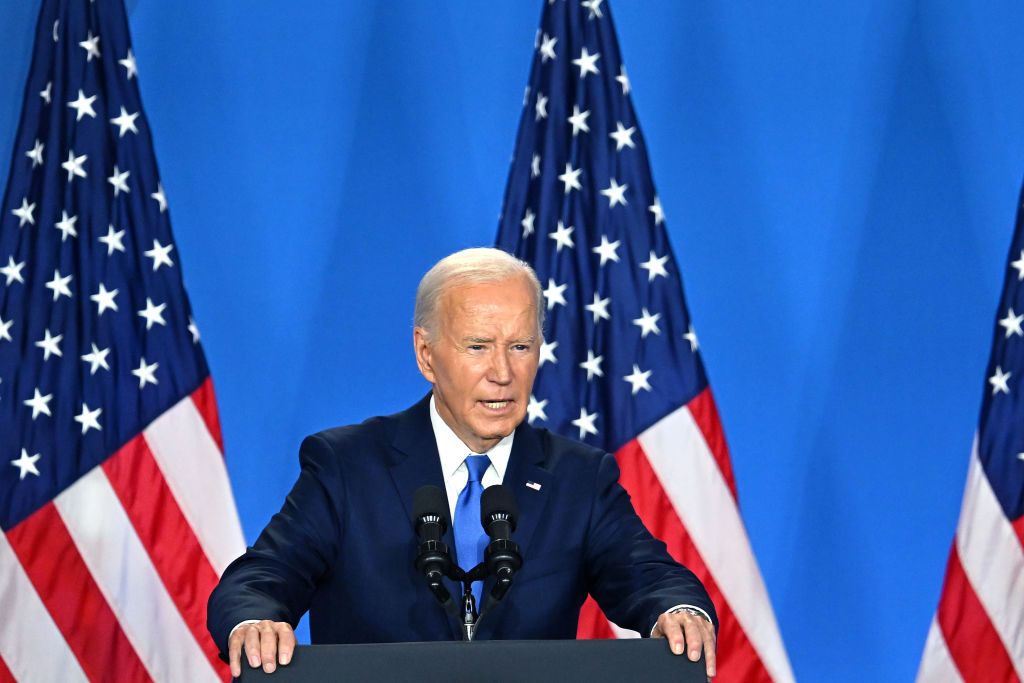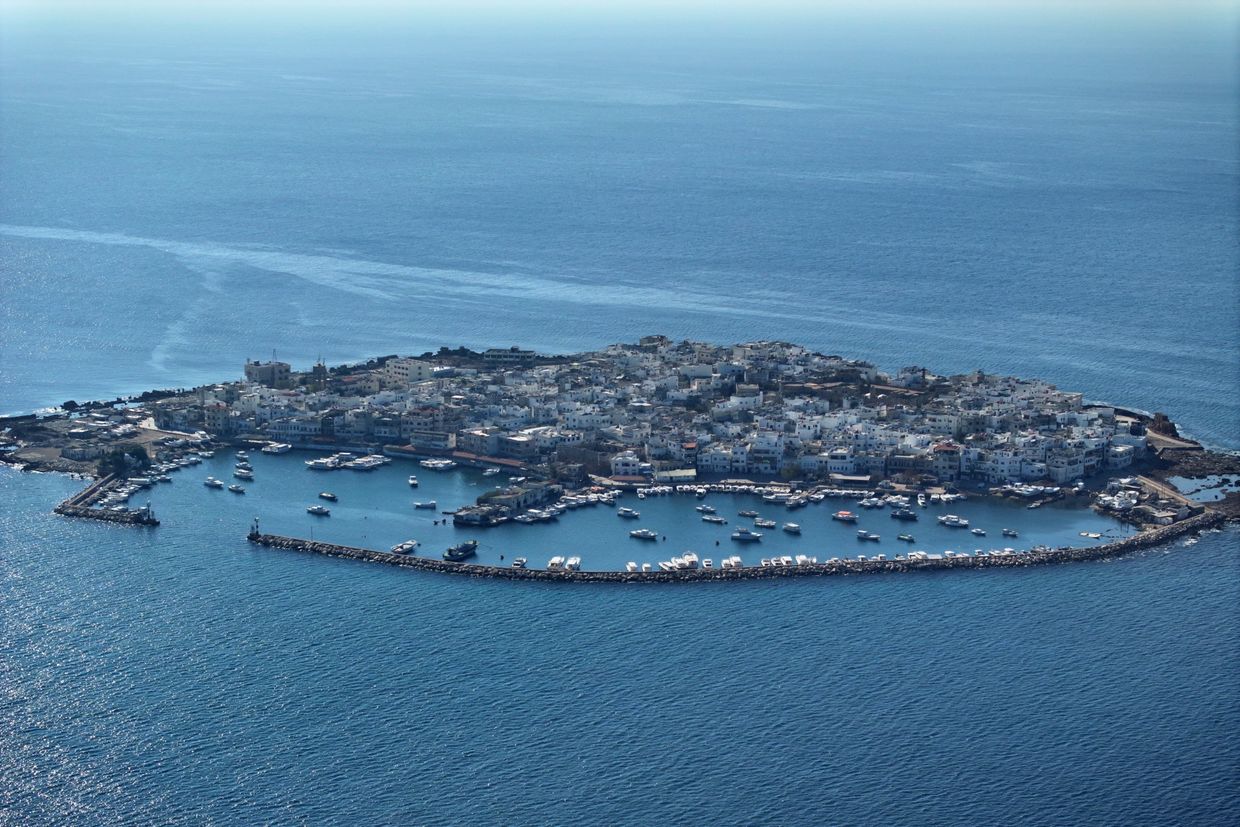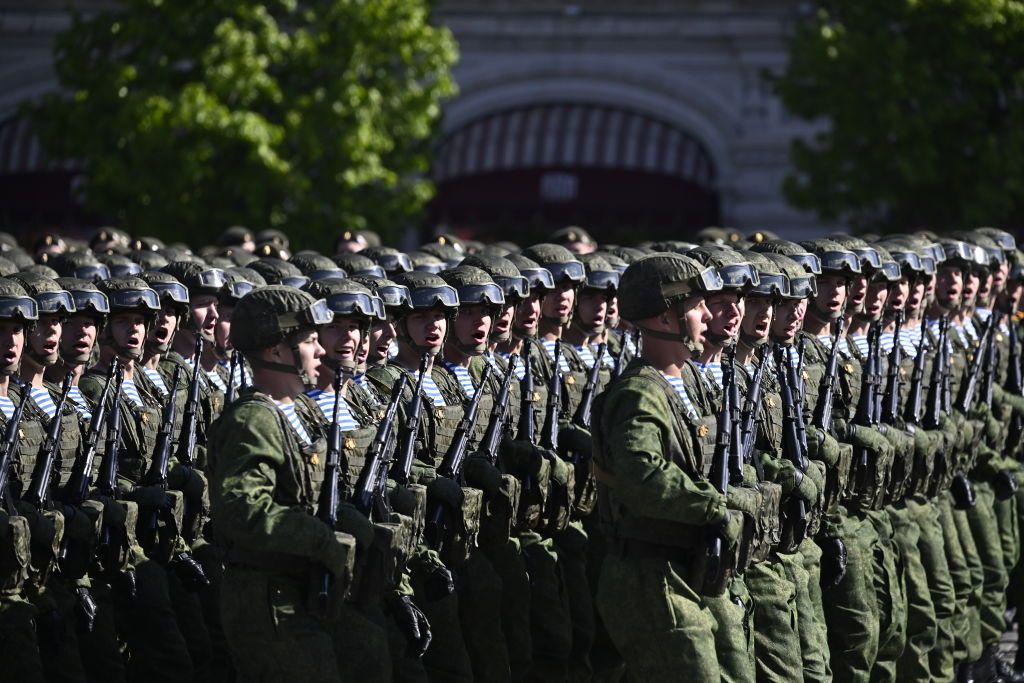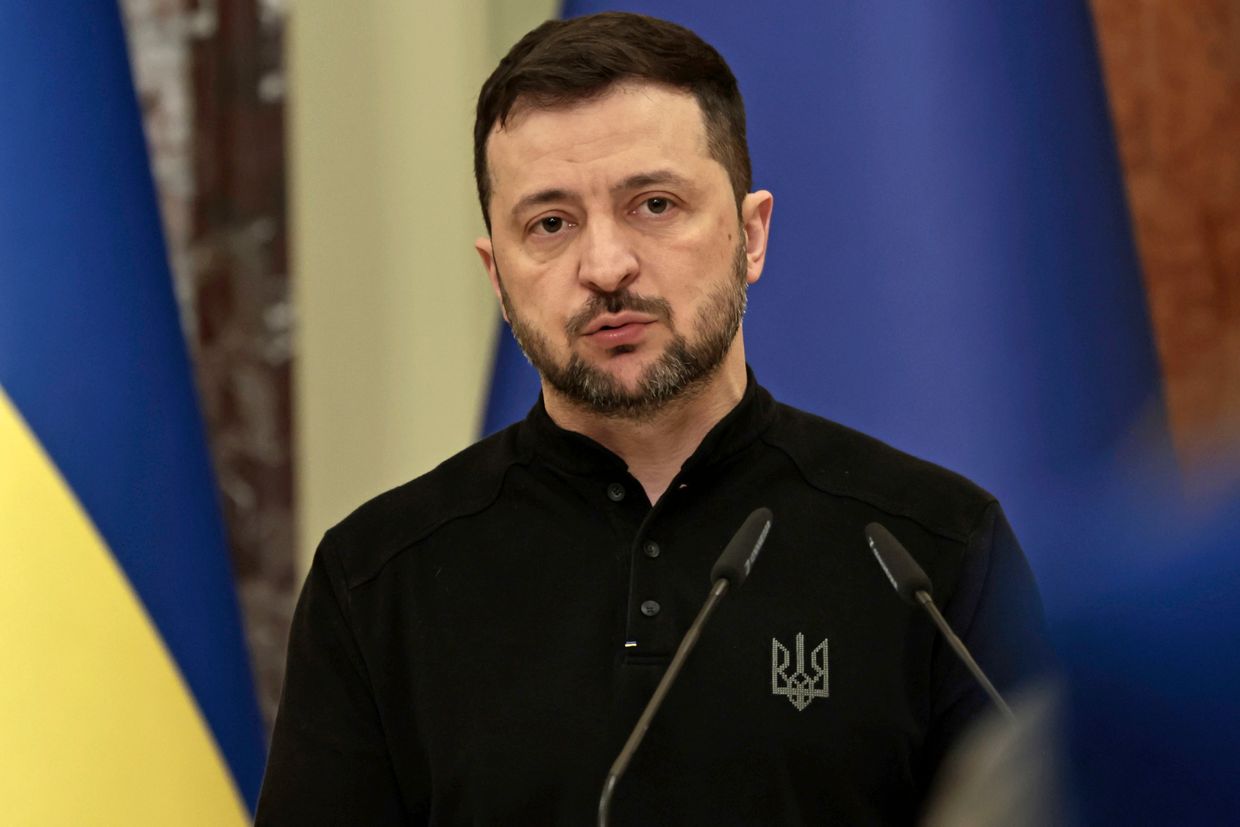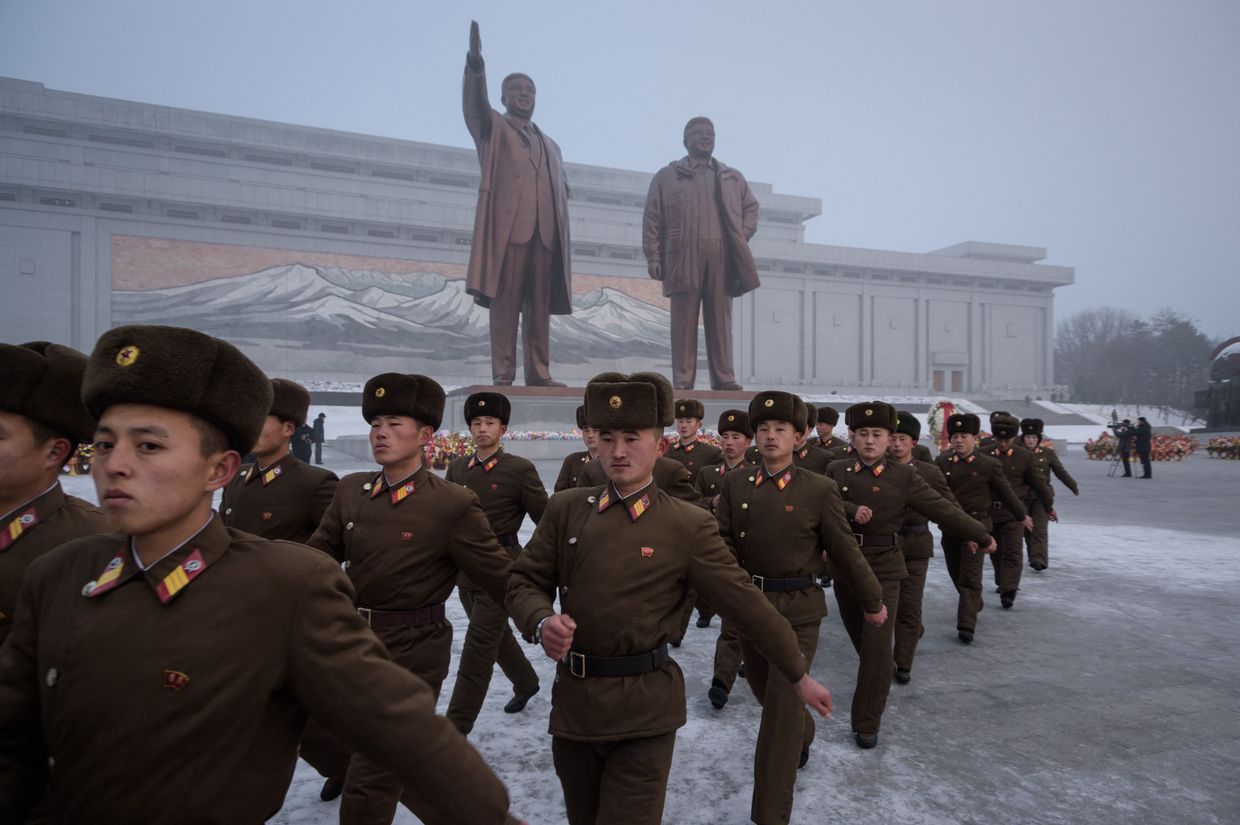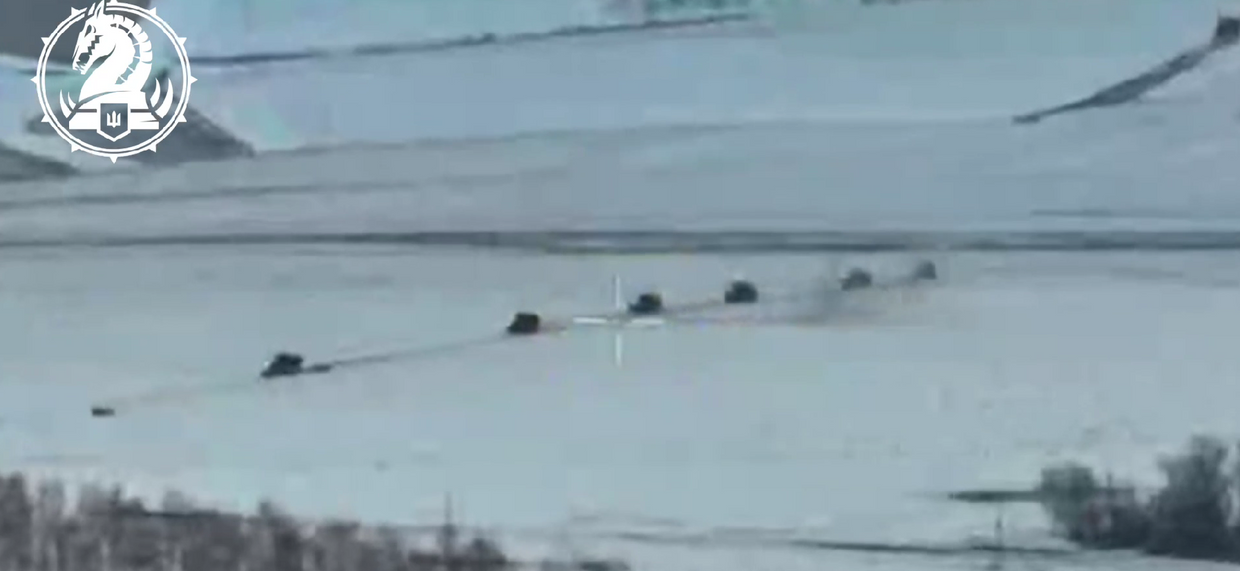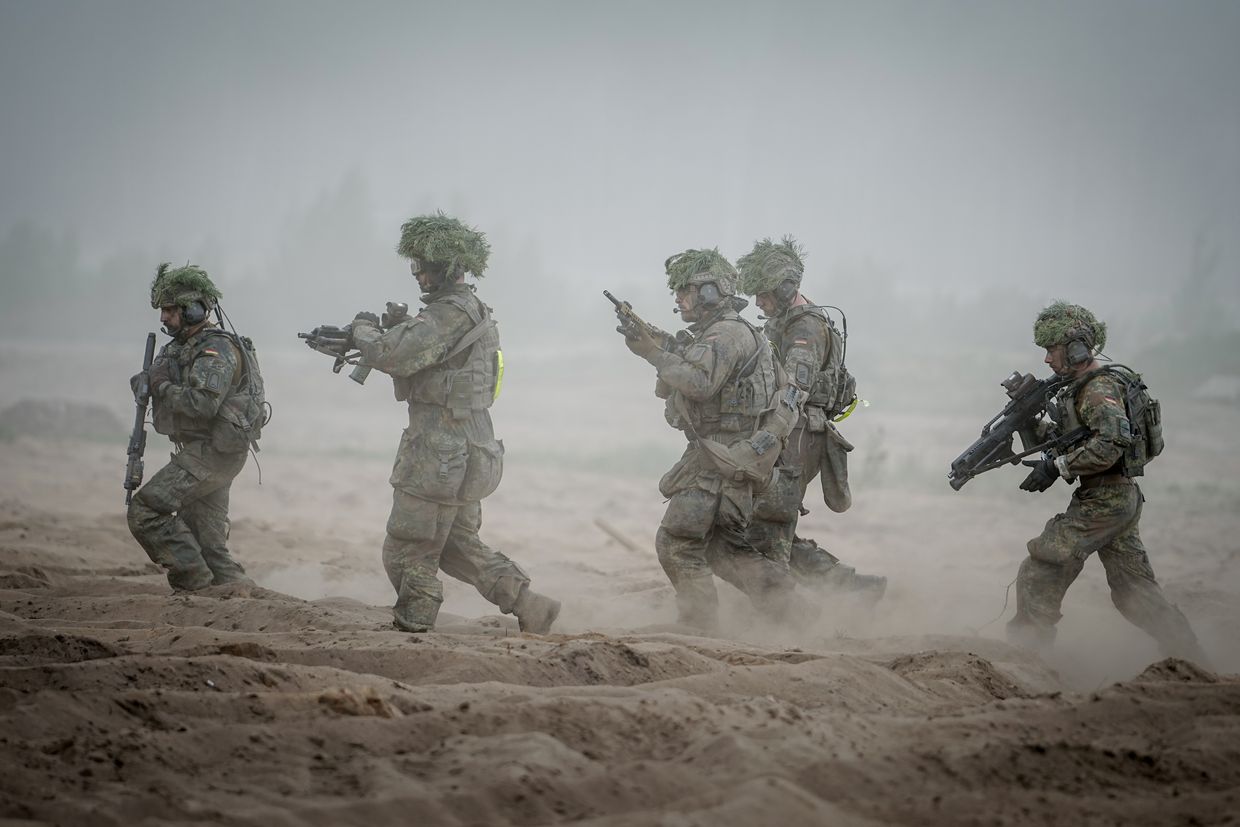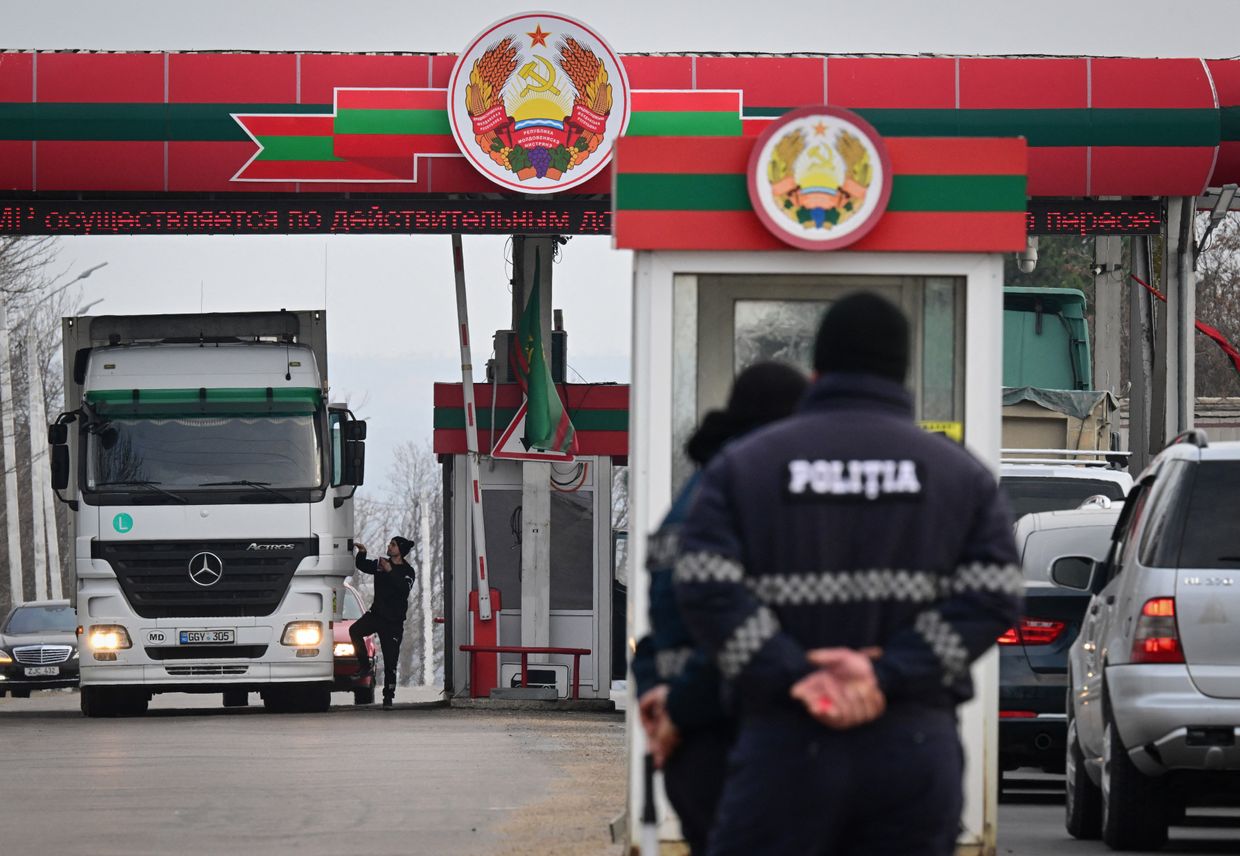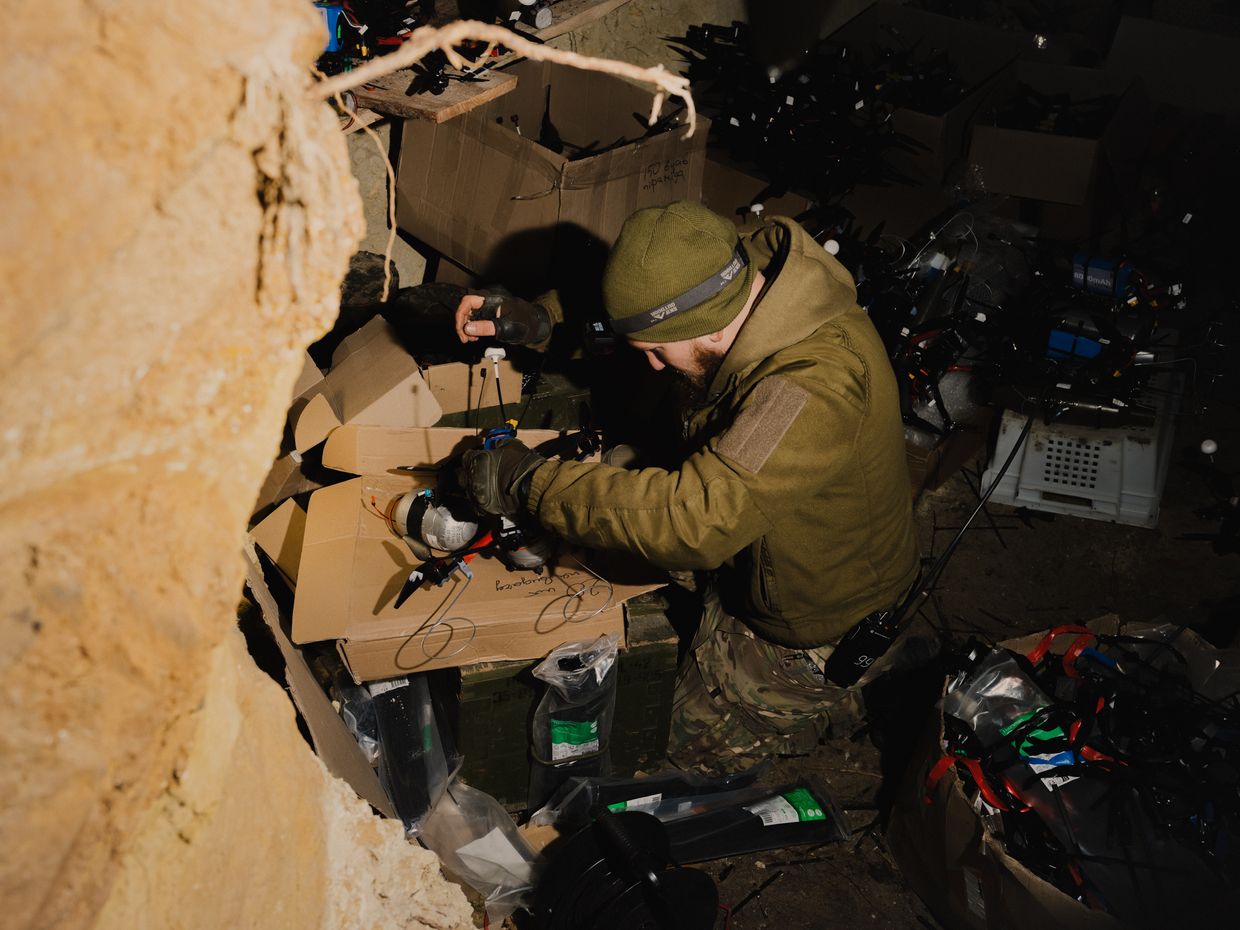U.S. President Joe Biden will convene a leader-level meeting of the Ukraine Defense Contact Group in Germany in October "to coordinate the efforts of the more than 50 countries supporting Ukraine in its defense against Russian aggression," he announced on Sept. 26.
The announcement comes as President Volodymyr Zelensky continues his visit to the U.S., where he hopes to get support for his recently-announced "victory plan."
The Ukraine Defense Contact Group is the U.S.-led group consisting of over 50 countries, including all 32 NATO members, that convenes at the U.S. Ramstein Air Base in Germany. The last Ramstein meeting on Sept. 6 was the group's 24th gathering since its establishment in April 2022.
During the meeting, which Zelensky attended in person, Ukraine received pledges of new military aid from allies, including the U.S., U.K., Germany, and Canada.
Kyiv has been promised at least one air defense system, along with missiles, tanks, armored vehicles, artillery, and other munitions. The much-coveted long-range weapons like additional ATACMS or Storm Shadow were not on the list, nor were changes to restrictions on their use.
Ukraine is hoping for permission to use two Western-supplied long-range missiles that it already possesses to strike military targets such as airfields located deep inside Russian territory.
According to reports, the U.K. has already decided to grant Ukraine permission to use Storm Shadows to strike targets deep inside Russia but wants the backing of the U.S. and other countries.
